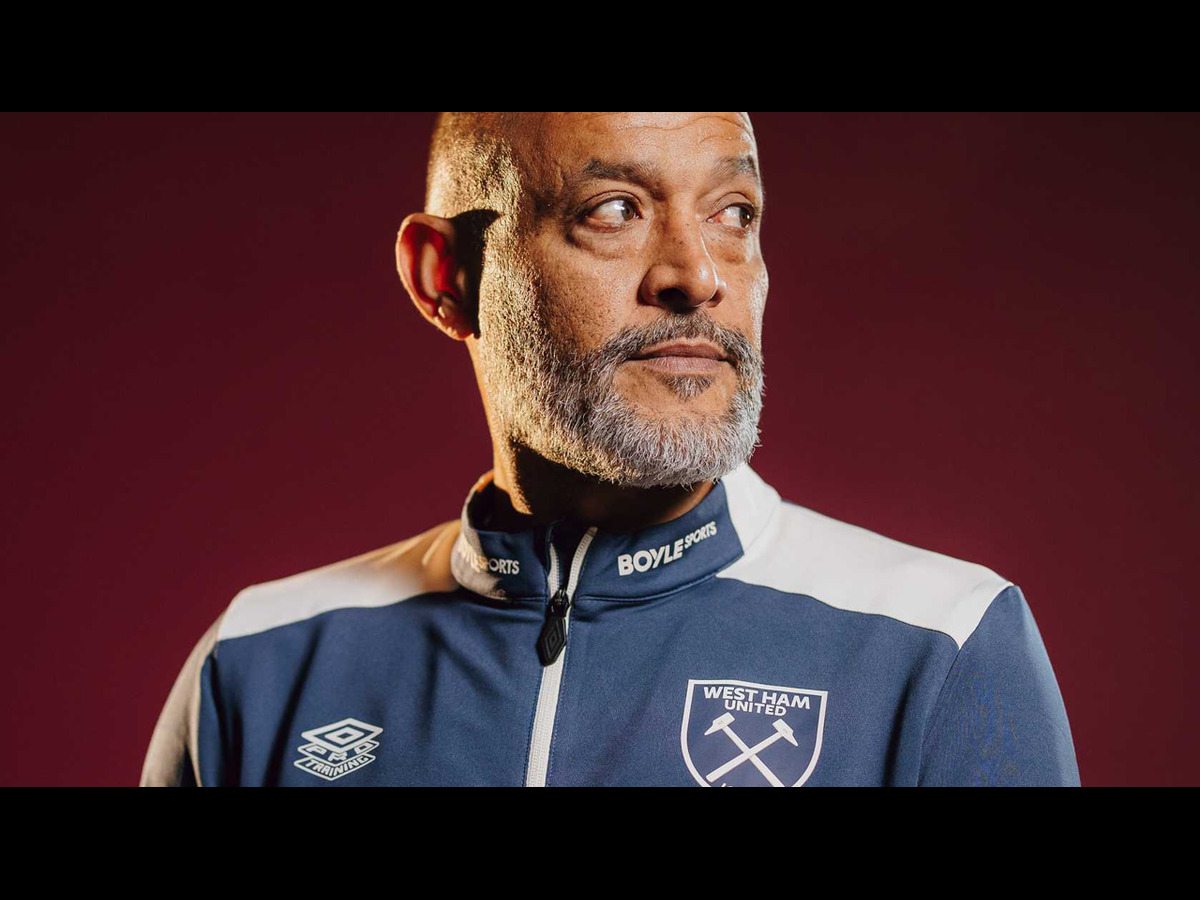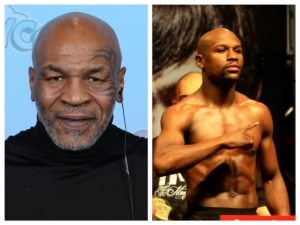Growing up in São Tomé and Principe, a small island country of Central Africa located on the Equator in the Gulf of Guinea, “life was beautiful”, Nuno Espirito Santo recalled recently.
“I was living near to the sea, [my] family live close to each other. I miss being there,” Santo, who was born on the island, told the BBC.
“It makes you feel humble when you visit Sao Tome. You see how poor people are, that people are struggling and that’s why we are privileged to have everything that we want.”
He left the island when he was eight years old to pursue a playing career, joining teams such as Porto, Deportivo de La Coruña, and Dynamo Moscow.
By 2012, he had begun holding managerial roles, starting with Rio Ave and also leading Valencia and Porto before moving to England in 2017. He went on to manage Wolverhampton Wanderers, Tottenham Hotspur and Nottingham Forest, as reported by the BBC.
Now with West Ham, Santo is the only Black manager in charge of a Premier League team at the moment. But he is confident that other Black managers will soon follow in his footsteps.
“I think there are a lot of black managers with talent that can soon be involved in the Premier League.
“Many [black coaches] are going to have good seasons, they’re going to be available,” he told the BBC.
Despite only 11 Black coaches being appointed as either permanent or caretaker managers during the Premier League era, Santo does not believe that there is any discrimination in football when recruiting managers for top jobs.
Santo said: “The difference between us is not something that clubs look at. I don’t believe it.”
“It’s by your talent, it’s by your hard work and by luck that we have a project that you did well, then people look to hire,” the 51-year-old said.
To cater to these diversity issues, the English Football League introduced the Rooney rule in 2019, a policy that the American football league established in 2003.
Under the policy, league teams are required to interview ethnic minority candidates for senior jobs, including coaching. Deji Davies, a director at Brentford and chair of the Football Association’s Inclusion Advisory Board, however, thinks that more needs to be done.
“Nearly 50% of Premier League players are black, so it’s synonymous with our people, with our culture,”
“Whilst the numbers are great on the pitch, the minute we move away the numbers aren’t as good. Until very recently I was the only black board director in the Premier League.”
Still, Santo is optimistic that an African will soon be appointed in the English top flight for the first time.
“I had the privilege to have some African coaches doing some weeks of training and observation with me in various clubs, and I was impressed by the quality of their work,” he said.
“I was impressed by the knowledge that they already acquired. They come here to England to try and learn from us but they can teach us a lot of good things, because African football is very special in terms of freedom, in terms of talent, in terms of individuality.”
Santo defeated Newcastle recently to earn his first victory since he began leading West Ham, and his next goal is to make sure that the team avoids relegation this season.
For his long-term plans, the history-maker looks to improve football in his home country, Sao Tome and Principe.
“Someday I’ll go back, try to influence managers, try to give some of my experience and to share my knowledge.”
Before joining West Ham in September, Santo led Nottingham Forest to European qualification via a seventh-place Premier League finish and the FA Cup semi-finals last season.










